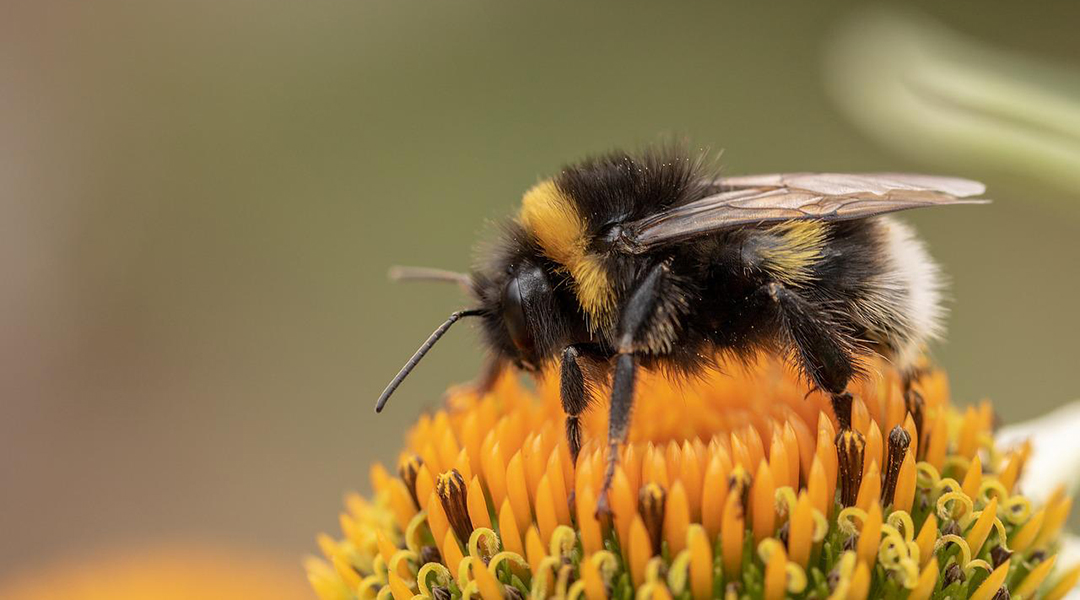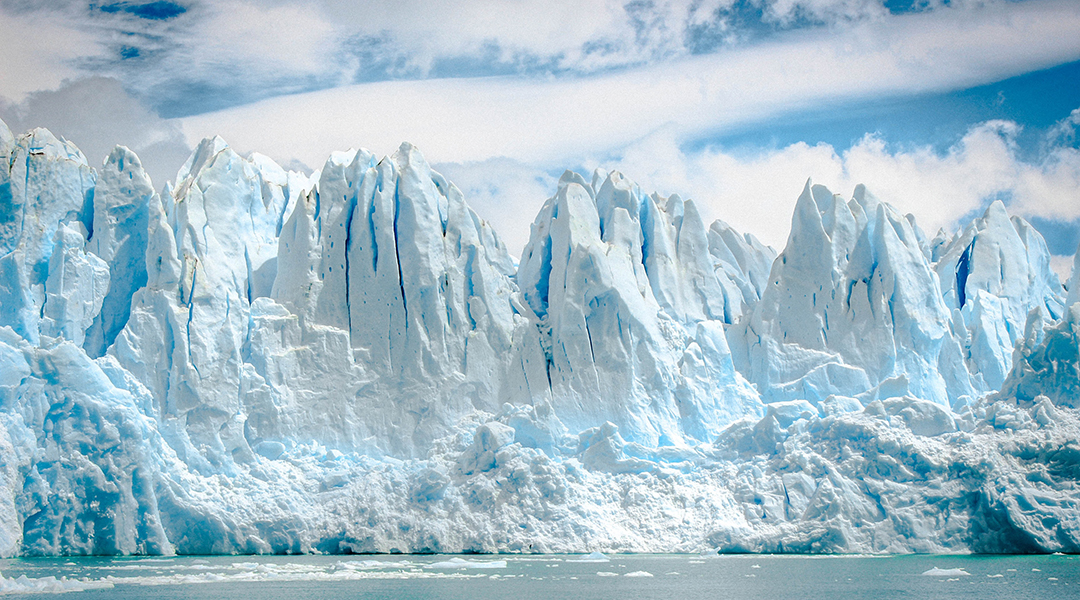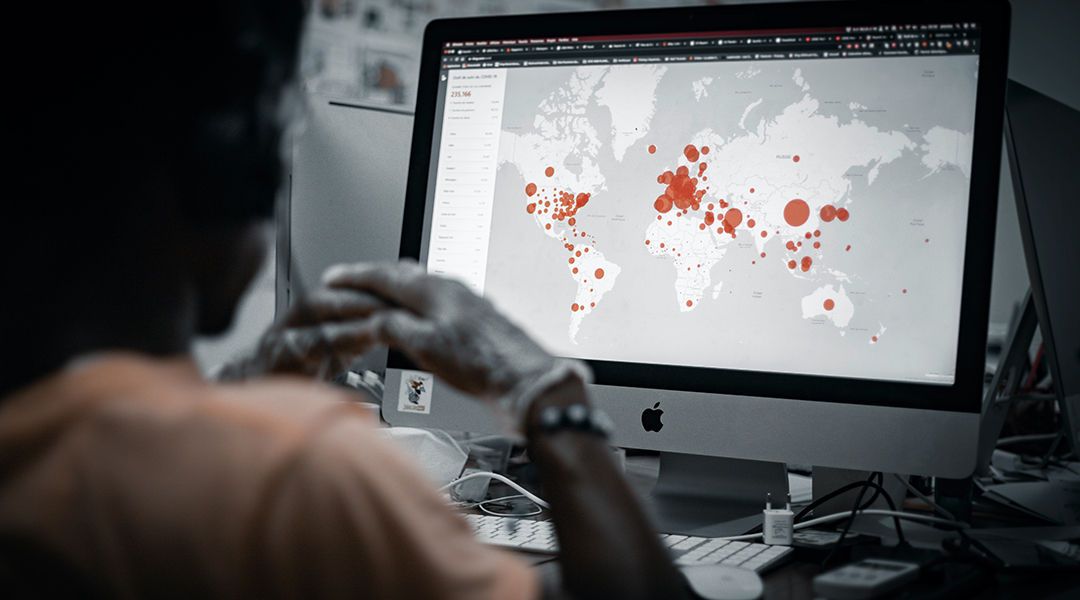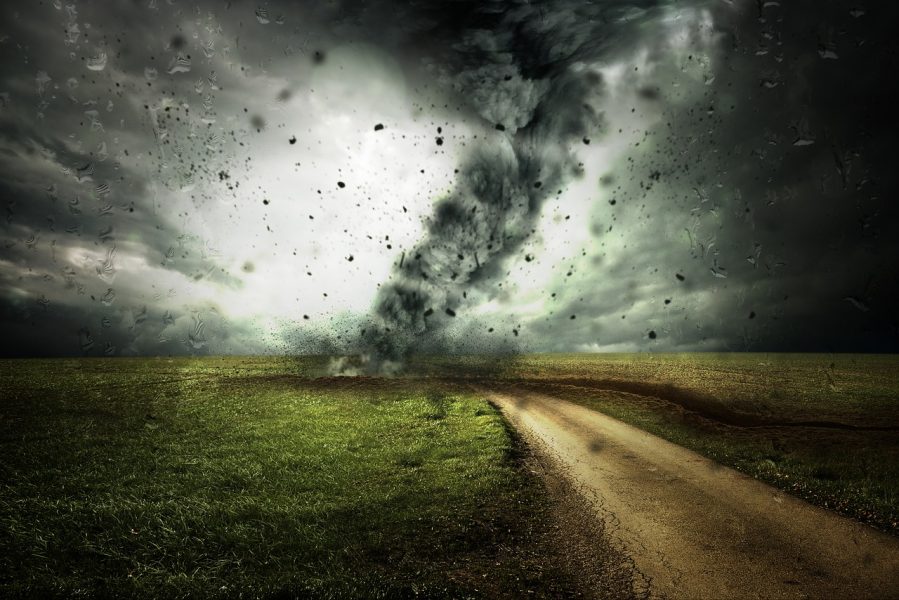The brain activities of two people who learn fear from each other are known to be in sync, but what role does social status play?


The brain activities of two people who learn fear from each other are known to be in sync, but what role does social status play?

The interplay between the hormones oxytocin and cortisol in regulating emotion and behavior depends on context and familiarity, new study finds.

Low levels of socialization are sufficient in maintaining typical behavior and brain development in bumblebees.

We will not solve the climate crisis and inspire action without generating a shared emotional response to our changing world.

COVID-19, like climate change, is a complex social problem that will require social scientific knowledge to understand its full and lasting impact impact.

Hello HAL, do you read me HAL?
Despite decades of producing climate change knowledge and engaging in science communication and policy advising, there is still no discernible structural shift from a high‐ to a low‐ or even zero‐carbon‐emissions development pathway.
A key reason is that the unique complexity of the Earth system, and the unprecedentedness of likely climate change over the next century, mean the economic value of future climate damage cannot be estimated by normal scientific methods.

A case on expanded research agenda on social contracts is made, arguing they can help identify and then situate the competing interests, voices and expectations at work in adaptation decision-making – an understanding that could help improve the equity outcomes of negotiated and imposed risk management settlements.
The research reviewed from these social science disciplines highlights that among the key human factors contributing to climate change are the roles of and connections among economic conditions and development; demographic growth and changes; power, social stratification and inequality; technology; infrastructure; and land-use change.